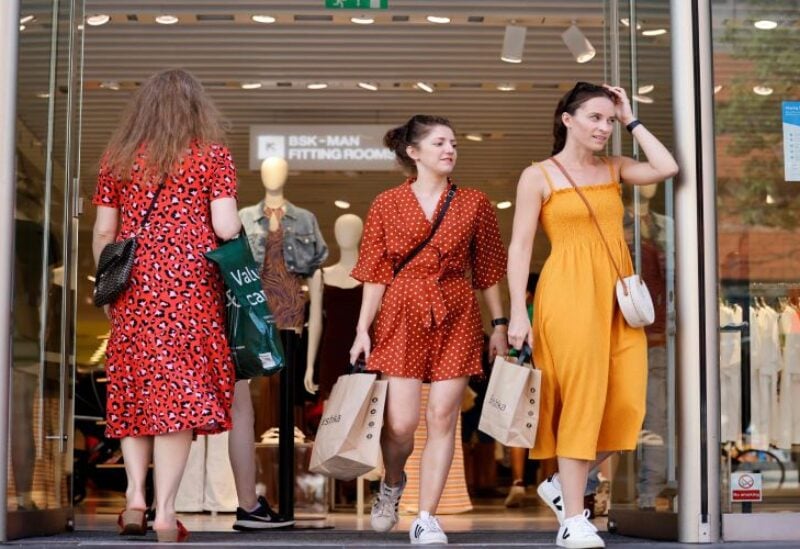
UK consumer spending
Consumer expenditure in the United Kingdom increased 5.9% in 2021 compared to pre-pandemic levels in 2019, owing to a move toward internet buying and at-home experiences.
Spending on “insperiences” – the consumption of in-home products and services such as takeout – was the key trend in 2021, increasing by 62% in a year.
According to credit card provider Barclaycard, which sees almost half of all credit and debit card sales in the nation, digital subscriptions surged 47 percent when people stayed at home during the Covid-19 issue, indicating long-term viability.
The statistics highlighted the move away from purchasing in high street businesses during the epidemic, with online merchants seeing a 62% increase in sales over brick-and-mortar establishments.
“The epidemic continued to wreak havoc on the UK economy in 2021,” stated Jose Carvalho, head of consumer goods at Barclaycard.
“However, owing to Britons’ preference for convenient, local, and at-home purchasing experiences, sectors such as local food merchants, takeout, and digital entertainment continued to do well.”
“Moreover, since more time was spent working from home, Britons continued to invest in their homes, resulting in excellent growth for both DIY and pet businesses,” he added.
At the start of this year, when the Covid-19 shutdown in England and harsher restrictions in other areas of the nation curtailed possibilities to spend, British people built up their savings to near-record levels.
In the three months leading up to the end of December 2020, the saving ratio — the amount of money families have available to save as a percentage of their total disposable income – increased to nearly 20% from 16%.
Since records began in 1963, this was the second-highest level.
With the lockup at the start of the year, families began 2021 with money to spend, encouraging them to splurge on products and experiences close to home.
Consumers also brought in more pets, resulting in a 29.1% increase in spending on veterinarians and pet stores.
Britons also stayed close to home for their vacations, helping UK hotels and resorts rebound in the summer, with 3.7 percent rise in June and a 15.9 percent increase in August.
Even when non-essential stores reopened and restrictions were removed, shoppers still prioritized speed and convenience, as well as staying near to home.
Consumers depended on the convenience of local retailers and delivery services for meals, therefore food and drink specialized establishments, such as butchers, greengrocers, and meal-kit providers, had particularly robust growth – up 74% – throughout the year.
Electronics, which witnessed a 10.3% increase in expenditure on things like games consoles, was another winner in the experience economy.
Meanwhile, with expenditure in the hotel and leisure industries down 18.5 percent year over year, the reopening of gyms and golf clubs boosted sports and outdoor stores by 21.9 percent.
“It’s great to see several sectors rise in what has been another tough year,” said Clare Bailey, founder of the Retail Champion consultancy.
“Community-spirited Britons continue to support local stores, while sports, clothes, and health and beauty merchants all witnessed increases as the country embraced life after the lockdown.”
The outlook for consumers is less rosy, with British households facing “the year of the squeeze” in 2022 as increasing energy costs, rising taxes, and high inflation chip away at wages.
According to the London-based Resolution Foundation think tank, real earnings would virtually stall next year, growing only 0.1 percent, leaving families £1,200 a year worse off when a price ceiling on energy bills is imposed and a tax hike takes effect in April.
Mr Carvalho stated, “Consumers and companies are capable of adjusting to and overcoming enormous suffering.”
“I’m looking forward to the next year.”